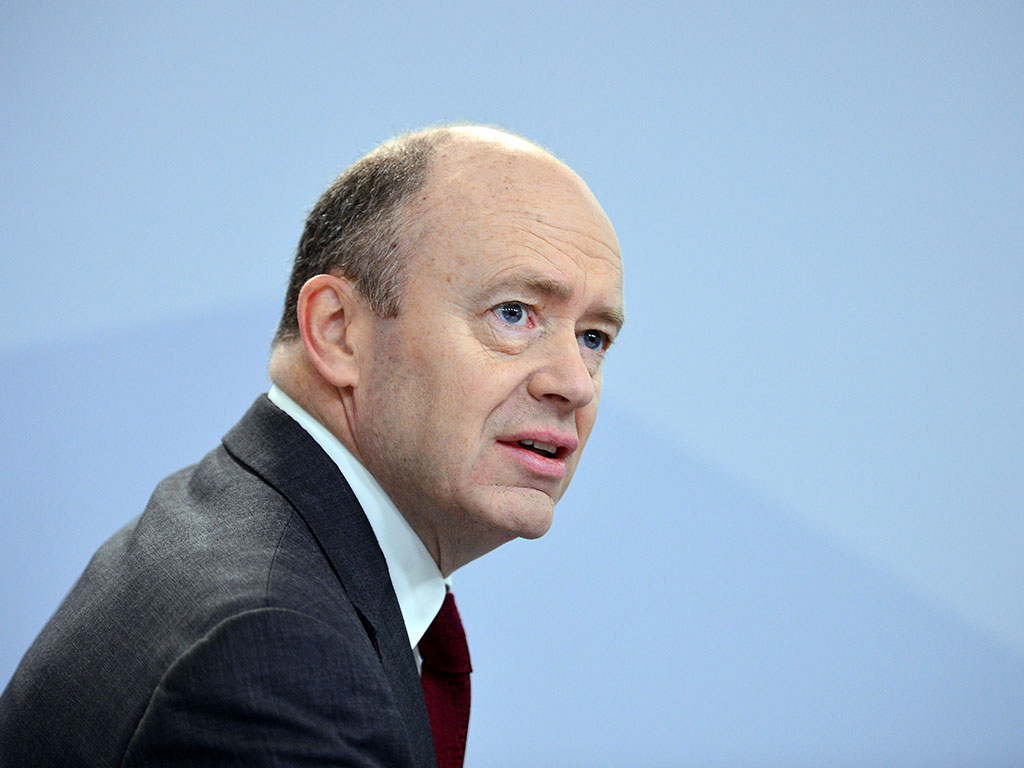
Since assuming the role of co-CEO at Deutsche Bank in July, John Cryan has been faced with the task of attempting to reform the bank. The German banking giant had taken a heavy hit – to both its finances and reputation – after its extensive role in the LIBOR rigging scandal came apparent for which it paid a record fine of $2.5bn to authorities in the US and UK, alongside accusations that it had violated (now expired) sanctions against Iran.
Cryan has pursued a number of reforms and changing at the financial institution
Cryan has pursued a number of reforms and changing at the financial institution, to restore its profitability. It has been announced that the bank will exit a total of 10 countries in which it operates, as well as cutting up to 9,000 members of staff. It will also drop 6,000 of the consultants it contracts.
Middle managements and workers, however, are not the only ones taking the brunt of these changes. Shareholders will receive no divided from the bank for the next two years, while many high level employees will receive cease to receive their bonuses, or at least see them reduced. As the Financial Times reports, “according to people with knowledge of his strategy, Mr Cryan has told staff that ‘many bonuses will go to zero’ this year.”
The bank will also now pursue an update of its technology, after Cryan expressed dismay at the running of different, incompatible programs in separate parts of the bank. Cryan is also expected to attempt to raise the bank’s core tier one capital ratio to 12.5 per cent by 2018, a percent and half higher than his predecessor Anshu Jain had aimed for.
Previously serving at the Swiss bank UBS as Chief Financial Officer, Cryan is known for his key role in restructuring the bank following the heavy hit it took from the fallout of the 2008 financial crisis. While he is currently co-CEO with Juergen Fitschen, he will assume full control of the reins of power at Deutsche Bank one Fitschen’s term expires in 2016.

